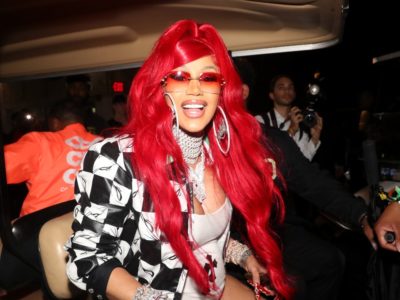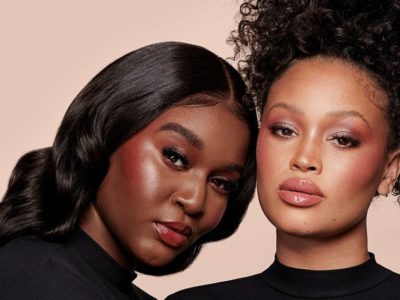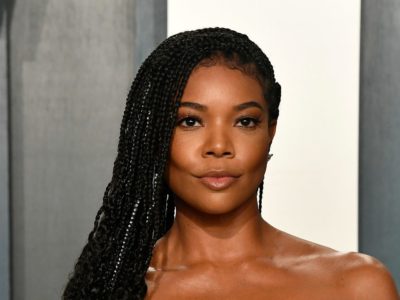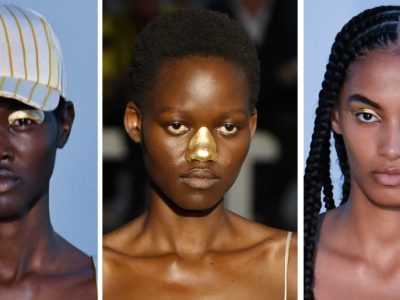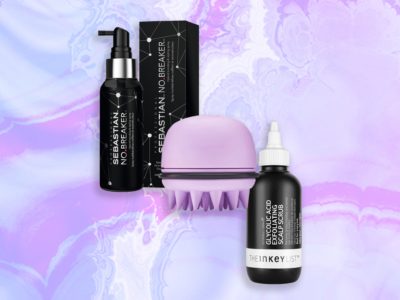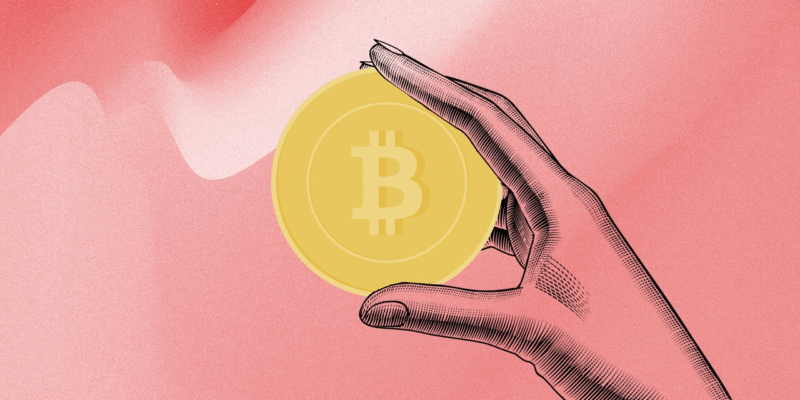
Long gone are the days when content creation used to consume the mind of Michelle Phan. Her years as a full-time YouTuber were spent filming, producing, and conceptualizing beauty tutorials and vlogs almost nonstop. But these days, Phan dreams of decentralization.
The beauty mogul began investing in Bitcoin (a digital currency that’s part of a decentralized system, operating independently of banks) as a way to diversify her portfolio. In learning more about Bitcoin, she noticed similarities between the cryptocurrency market and the beauty industry.
“The beauty space that I’m a part of is decentralized,” explained explains Phan. “It’s no longer having this middle person.” Where fashion magazines and big beauty brands once served as authorities that would set the vast majority of trends and standards for others to follow, Phan spearheaded an influencer movement weakening that hierarchy. Now, thanks to YouTube and other social media platforms, “you can find every face in this beauty space,” she says.
Phan has integrated Bitcoin into her own business model by investing in Lolli, a Bitcoin rewards application where users can earn the cryptocurrency when they shop online. Phan’s beauty brand, Em Cosmetics, is one of the dozens of participating retailers listed under “Health & Beauty.”
Bitcoin remains a millennial favorite, even during the COVID-19 pandemic. Moreover, the number of women interested and/or involved in cryptocurrency and blockchain technology (which powers cryptocurrency networks) has been on the rise in 2020. And because the cryptosphere is still technically in its infancy (the Bitcoin network came into existence in 2009), there’s a chance to ensure diversity and inclusion are part of the industry’s growth, says Cleve Mesidor, who leads the National Policy Network of Women of Color in Blockchain.
Blockchain technology and cryptocurrency offer the opportunity to “really close the financial inclusion gap,” says Mesidor. Blockchain is “an open, distributed ledger that can record transactions between two parties efficiently and in a verifiable and permanent way.” Luxury beauty brands like Parfums Christian Dior are using the technology to trace the authenticity of their products and prevent counterfeiting.
Millennial enthusiasm for adapting to cryptocurrency and blockchain technology “just makes sense,” says Mesidor. “You’re talking about a generation that actually created the gig economy, the sharing economy,” she explains. “The generation, specifically millennials, that had to find a different way because when they graduated from college, there were no jobs, so they actually had to forge their own path.”
